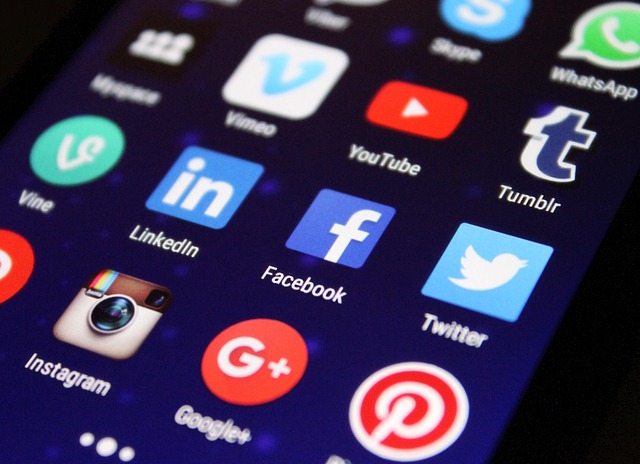Addiction is a multifaceted condition that intertwines with various aspects of our lives, none more so than social relationships. The impact of these relationships is profound, shaping our behaviors and attitudes towards substances and activities that can lead to addiction. In today’s digital age, social media serves as a pivotal platform where these relationships flourish or falter, affecting our mental and emotional well-being.
Social relationships can either serve as a line of defense against addiction or a channel that facilitates it. For many, social media acts as a lifeline, providing opportunities for connection and support. Friends and family members can offer encouragement, share experiences, and help one another navigate the challenges associated with addiction. This positive reinforcement can be crucial for those in recovery, reminding them they are not alone in their struggles.
However, the influence of social media is not always positive. The curated lives presented on platforms like Instagram or Facebook can create unrealistic expectations, breeding feelings of inadequacy and low self-esteem. When individuals engage in social comparison, they may turn to substances or addictive behaviors in an attempt to escape their perceived shortcomings or to fit into an idealized image of happiness. This cycle can perpetuate addiction, making it harder to break free.
Moreover, social media can foster connections with individuals who engage in substance use, normalizing these behaviors and making them seem more acceptable. The visibility of party culture, drug use, and alcohol consumption can glamorize addiction, particularly among young and impressionable individuals. This phenomenon highlights the double-edged sword of social relationships in the age of digital communication.
It’s essential to consider the quality of social relationships impacted by social media. Genuine, supportive connections with friends and family can provide individuals with the strength needed to combat addiction. On the flip side, relationships built on superficial interactions or negative influences can push individuals deeper into addictive behaviors. Understanding this dynamic is crucial for both prevention and recovery.
Recognizing the role of social relationships in addiction is vital. By fostering networks that promote health and well-being, individuals can create a supportive environment that encourages positive choices. It is crucial to be mindful of how social media shapes these connections. Engaging with content that uplifts and inspires can help mitigate the detrimental effects of negative influences.
In summary, social relationships hold significant sway over the experiences and challenges associated with addiction. As we delve deeper into this topic, it becomes clear that while social media can offer invaluable support, it also presents challenges that can complicate the journey toward recovery. The balance lies in recognizing these influences and cultivating connections that bolster resilience against addiction.



